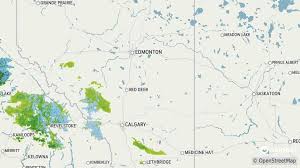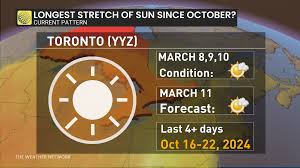
Introduction
Weather plays a crucial role in daily life, influencing everything from clothing choices to outdoor activities. For the residents of Edmonton, Alberta, understanding local weather patterns is especially important due to the region’s distinct seasonal variations. Recently, shifts in global climate patterns have raised questions about how these changes are affecting local weather conditions in Edmonton.
Current Weather Conditions
As of October 2023, Edmonton is transitioning from the warm, dry days of summer into the cooler autumn months. The current temperatures are averaging between 10°C to 15°C during the day, while nighttime temperatures are dipping to around 0°C. The region has also experienced a few early frost warnings as winter preparations begin. Rainfall has been sporadic, but the forecast for the coming weeks indicates a likelihood of increased precipitation as the fall season progresses.
Seasonal Weather Patterns
Edmonton is known for its extreme seasonal contrasts. Winters can be notoriously harsh, with temperatures plummeting to -30°C or below, accompanied by considerable snowfall. In contrast, summers offer warmer weather, with highs often exceeding 25°C.
Climate experts suggest that recent warming trends may be altering traditional weather patterns in Edmonton. For instance, winters may become milder, while the city might experience more intense summer heatwaves. This shift has implications for city planning, agriculture, and local ecosystems.
Impact on Residents
For residents, staying prepared for sudden weather changes is essential. Edmonton’s unpredictable weather can affect transportation, outdoor events, and general day-to-day activities. It’s advisable for locals to monitor updates from Environment Canada or local news stations to stay informed about potential weather warnings.
Moreover, planning seasonal activities requires an understanding of the expected weather conditions. From winter sports in the snowy season to festivals and picnics during the summer, being aware of what the weather might bring can enhance the enjoyment of these events.
Conclusion
In summary, the weather in Edmonton is characterized by its variability and significant seasonal changes. As climate patterns evolve, it is vital for residents to remain aware of ongoing developments and forecasts. Not only does this knowledge aid in daily planning and safety but it also promotes greater awareness about the environmental changes impacting the region. By understanding local weather trends better, Edmontonians can adapt to their unique climate and make the most of every season.






